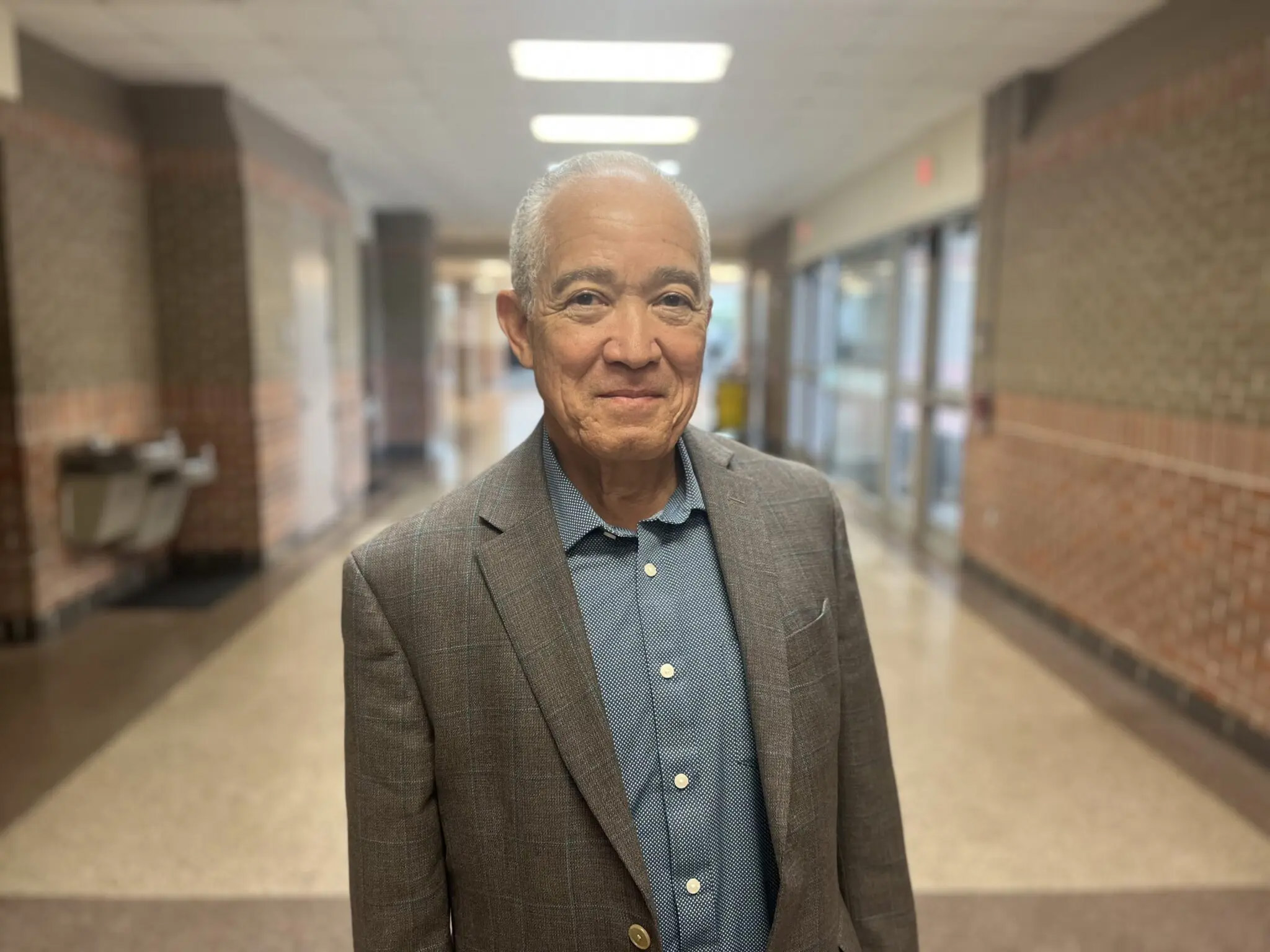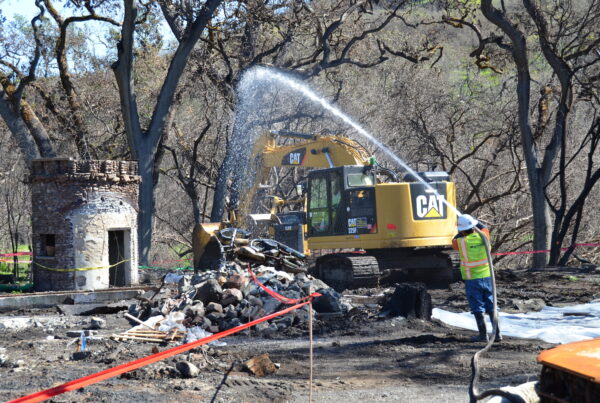One week after the Texas Education Agency installed a new superintendent and Board of Managers at the helm of the state’s largest public school system, three high schools and more than two dozen elementary and middle schools face sweeping reforms.
On his first day, state-appointed superintendent Mike Miles announced the creation of the “New Education System,” which entails “wholescale reform” in 29 “high-priority, high-needs” campuses. They include Wheatley, Kashmere and North Forest high schools, as well as the elementary and middle schools in those areas.
“In other words, the schedules will look alike, the staffing model will be the same, how we pay teachers will be the same, how we evaluate teachers will be the same across those 29 schools,” Miles said.
Those changes include more than $90,000 in pay and bonuses for teachers, a slightly longer school day with more instruction time, centralized lesson-planning, as well as a stringent educator evaluation system based largely on standardized test results.
Miles believes the current system of evaluating educators falls short.
“I’m not sure we have the rigorous standards of high-quality instruction that we need,” he said, arguing that too many teachers are rated as “proficient” while achievement gaps remain between different socioeconomic groups.
“That’s the way it is across the country,” he continued. “We have not been able to close the achievement gap. We have low proficiency. You really think 97% of all teachers in America are proficient? I don’t think so.”
Teachers who keep their current positions on the 29 campuses will become “surgeons” in what Miles calls a “hospital model,” with a support team creating lesson plans and handling paperwork for them. The model does not include school librarians.
“The goal is to raise the quality of instruction, raise student achievement, close the achievement gap and prepare kids for the year 2035,” Miles said. “We think we can do that with the staffing model that we have … The model that we have is proven. I’m not saying librarians can’t help. Librarians have been effective in the past, and I think there are so many positions that need librarians outside of these 29 schools that they will be afforded that opportunity.”
He also said administrators will handle discipline with the assistance of cameras in classrooms.
“Every classroom has a webcam and a Zoom link, and it’s on 24/7,” he said. “If a kid is disruptive, we pull that student out of class. We put them in what we call a team center, and they’re being monitored by a learning coach, and they Zoom right back into the class they get pulled from.”
Reactions to the changes are mixed. Many reform-minded community members believe the New Education System is a step towards better student outcomes. Critics argue the changes will impose a uniform education model on low-income communities across Houston who had no say in its formation, while leaving affluent communities untouched.
“I think these are the two camps within education today,” former Spring Branch ISD superintendent and current University of Houston education professor Duncan Klussmann said. “Those who feel like yes, we need to make improvements, but the overall structure we have can work and make those improvements, versus the reform community who believes you need wholesale change.”
Miles’ reforms place heavy emphasis on standardized testing as evaluation benchmarks for teachers and administrators.
“This model that Mike Miles has used has produced the result in the last couple of years of taking D and F schools to A and B overnight,” Klussmann said. “But remember, that’s only the STAAR test. You’ll see student improvement in test scores and in the state accountability system, but the question will be: Will you see improvement in the areas that really make the difference in life for those students?”
Some community members are wary of Miles’ plan to expand the NES to eventually include about 150 schools. Michelle Williams, a Houston ISD teacher and president of the Houston Education Association, worries the expansion will lead to different opportunities for affluent versus low-income neighborhoods.
“It’s inequitable,” Williams said. “For a person to come in and say that we’re going to basically divide the line and say we have the haves and the have nots, it’s concerning. Because that’s in essence, what he’s doing. He said, ‘All y’all have, so we’re not going to bother you,’ and ‘Y’all have not, so we’re going to put all these stringent things in place.'”
The mixed feelings are evident even at the individual level, creating dissonance for community members who opposed the removal of democratic governance from Houston’s public schools but felt something needed to change.
Donnie Walker is a social studies teacher at Wheatley High School, where teachers have to reapply for their jobs if they want to remain on campus next year.
“That’s going to hurt dramatically,” Walker said. “Because since I’ve been a Wheatley, for the last six years, we’ve had a major turnover problem.”
That’s partially because teachers at Wheatley already had to reapply for their jobs during a recent round of reforms under the previous administration. Many of the New Education System (NES) schools were also reformed more than a decade ago under the district’s Apollo 20 program.
Walker is happy to hear about some of the new changes, like higher pay. But he expects some new teachers to struggle with the school’s large population of at-risk students, as well as the classroom walkthroughs and stringent, test-heavy teacher evaluations from the new administration.
“I mean, I’m really optimistic,” he said. “I’m dealing with the problem with TEA taking over — which is something I personally don’t like — but since I got to deal with it, I’m going to make the best of it.”
But Walker and many other educators are confused by the removal of school librarians.
“If we create a society without a library — let alone a librarian, someone to work in it — that shows a lot about the culture of that city, of that institution,” he said. “So, for them to get rid of libraries is kind of weird and strange. I don’t understand that.”
The newly installed Board of Managers meets for the first time Thursday at 5:30. The nine managers include several business people, an educator, and a consultant who ran for the HISD board in 2021 and lost. Most of them have addresses west of downtown, while two live relatively close to Kashmere High School.
It’ll be the first time in years that Judith Cruz is not behind the dais. She’s one of the elected trustees who no longer has policy-making power.
“We can be upset about the elected board being removed,” Cruz said. “I mean, trust me, I have all kinds of feelings about it as well. But this is the situation where we are, and if we don’t ever want to find ourselves again here, then we need to be focused on ensuring that this board and superintendent succeed in terms of our students getting the education that they deserve.”
Elected trustee Kathy Blueford Daniels is also taking a backseat with the Board of Managers now in place. Her district includes many of the schools facing reforms, and she was the only trustee who opposed the takeover at every opportunity — voting against dropping litigation after the Supreme Court of Texas ruled in January that TEA could proceed with the takeover.
“It’s a bunch of political bullshit, and our children and our communities are caught up in the middle of it,” Blueford Daniels said of the takeover. “(The elected trustees) feel the heartbeat and the pulse of these communities. So to have seven people from the west side that don’t know anything about the north side, the northeast side, and the south side … Spare me. You have to have somebody that’s really, really engaged and understands the needs of the community and the restrictions these kids come across.”
She supports some of Miles’ reforms, like a focus on basic literacy, but she worries the geographic targeting will lead to an even more “unequal” school system.
For voters to regain local control, the district has to make sure all schools consistently meet state standards.













